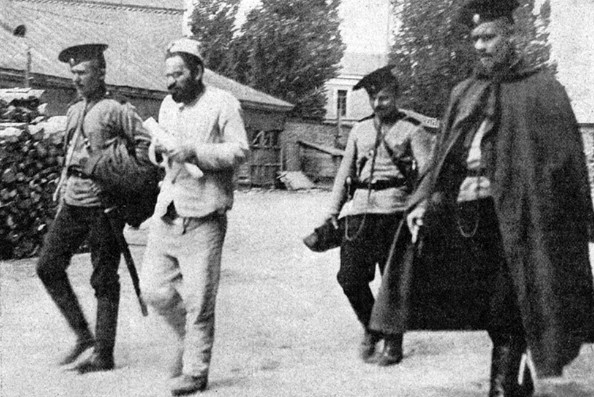Beilis affair
Beilis affair. The trial of Mendel Beilis, a Jew (b 1874), held in Kyiv in September–October 1913. Beilis was accused in March 1911 of the ritual murder of a young Christian boy, A. Yushchynsky. The case generated a great deal of publicity, and the Black Hundreds tried to use Beilis’s arrest to mobilize public opinion against the Jews in the Russian Empire. The lack of evidence against Beilis and the obvious anti-Semitic nature of the proceedings provoked a strong reaction from the liberal and progressive intelligentsia: the author Vladimir Korolenko, Professor Volodymyr Vernadsky, and others spoke out in defense of Beilis. The jury, which was composed of Ukrainian peasants, pronounced the accused not guilty in spite of pressure from the Ministry of Justice and the Ministry of the Interior for a conviction. Beilis, fearing for his safety should he remain in Kyiv, subsequently moved to Palestine and then the United States, where he died in 1934.
The Beilis affair ranks alongside the Dreyfus case as a notorious anti-Semitic trial, and it is perhaps the best-know example of blood libel against Jews. Beilis’s autobiography appeared in English (translated from the Yiddish original) in 1926. A chronicle of the trial, by E. Leiken, was published in 1993 as The Beilis Transcripts. B. Malamud’s Pulizer Prize-winning novel The Fixer (1966) is based on the Beilis affair.
[This article originally appeared in the Encyclopedia of Ukraine, vol. 1 (1984).]
